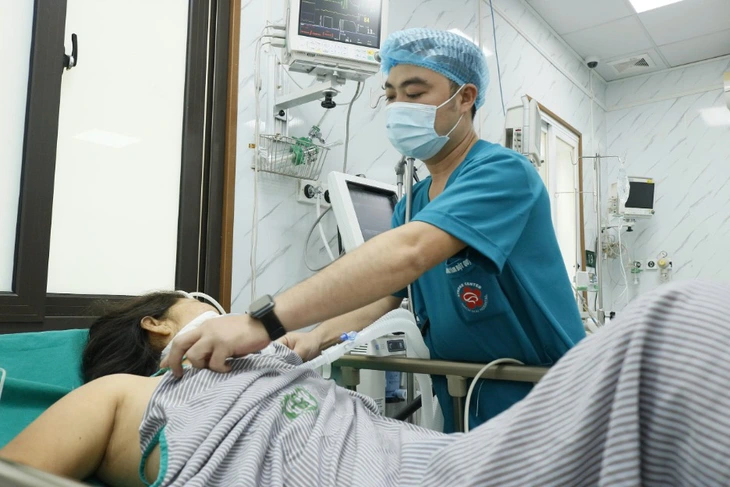
Doctors from the Stroke Center, Bach Mai Hospital examine a patient - Photo: BVCC
Is the rumor that "for every 1 degree increase, the risk of stroke increases by 10%" true?
According to Dr. Nguyen Tien Dung - Deputy Director of the Stroke Center, Bach Mai Hospital, currently on social networks, information is spreading: "For every 1 degree Celsius increase, the risk of stroke increases by 10%. This information is completely unscientific and fabricated.
Dr. Dung affirmed that no official research by the World Stroke Organization (WSO), the World Health Organization (WHO) or any reputable medical association has given such a simple and accurate ratio (1°C = 10%) to describe the relationship between temperature and stroke risk.
The risk of stroke depends on many complex factors such as personal medical history (stroke, cardiovascular disease, blood pressure, diabetes...), age, current health status, and activity level.
In addition, access to cool places, dehydration, treatment compliance, other environmental factors (humidity, air pollution), exposure time to high temperatures... cannot be reduced to a simple formula based on temperature alone.
Why does heat increase stroke?
According to Dr. Dung, extreme hot weather significantly increases health risks, especially for vulnerable groups such as the elderly, people with cardiovascular disease, high blood pressure, diabetes and especially people with a history of stroke.
The cause is severe dehydration. The heat causes the body to lose water and electrolytes quickly.
Dehydration increases blood viscosity, reduces circulating volume, forcing the heart to work harder to pump blood. This increases the risk of blood clots - the leading cause of ischemic stroke.
Heat also overloads the cardiovascular system. The body has to work hard to cool down (sweat, dilate peripheral blood vessels), putting great pressure on the cardiovascular system, which is already damaged after a stroke or weakened by other underlying diseases.
This can lead to heart attack, heart failure, or sudden high blood pressure - high risk factors for recurrent stroke.
Heat also disrupts the body's thermoregulation. In particular, the elderly and people with damaged nervous systems (after a stroke) often have difficulty regulating their body temperature effectively in the face of sudden temperature changes, which can easily lead to heat exhaustion or heat stroke - a life-threatening emergency.
Additionally, medication effects, some medications commonly used after a stroke or for heart disease (such as diuretics, some blood pressure medications) can worsen dehydration, or interfere with the body's ability to adapt to heat.
High temperatures can exacerbate inflammatory processes and oxidative stress in the body, which are factors linked to vascular damage and stroke risk.
How to prevent stroke in extreme hot weather?
This expert recommends that to prevent stroke, people with underlying diseases or who have had a stroke need to drink water regularly, even when they are not thirsty.
Prioritize filtered water and electrolyte water, limit soft drinks, coffee, and alcohol (because they cause dehydration). Bring water with you when going out. Monitor the color of your urine (dark yellow urine is a sign of dehydration).
Limit going outdoors, especially between 10am and 4pm, when the sun is at its strongest. If you must go outdoors, always wear a wide-brimmed hat, sunglasses, loose, airy, light-colored clothing, and sunscreen.
Use fans and air conditioners. Take cool showers or wipe your body with a damp towel. Close curtains facing the sun. Use a mist sprayer or place a pot of water in the house to increase humidity.
You should eat light meals, lots of green vegetables, juicy fruits (watermelon, oranges, grapefruit...). Limit greasy foods and sweets. Avoid overeating.
Measure your blood pressure more often as directed by your doctor. Strictly follow your treatment regimen, take your medication on time and in the correct dose. Do not stop or change your medication on your own.
Source: https://tuoitre.vn/mien-bac-nong-nhat-tu-dau-he-co-phai-tang-1-do-la-tang-10-nguy-co-dot-quy-20250804200652215.htm




![[Photo] Cutting hills to make way for people to travel on route 14E that suffered landslides](https://vphoto.vietnam.vn/thumb/1200x675/vietnam/resource/IMAGE/2025/11/08/1762599969318_ndo_br_thiet-ke-chua-co-ten-2025-11-08t154639923-png.webp)













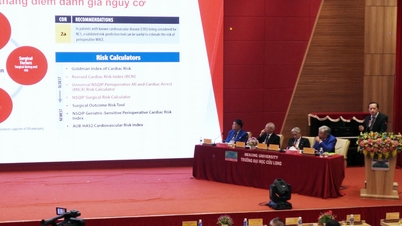


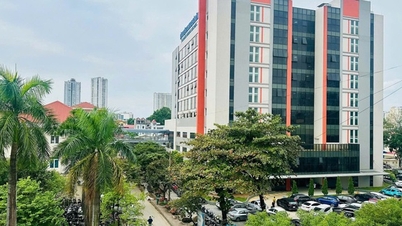




















![[Video] Hue Monuments reopen to welcome visitors](https://vphoto.vietnam.vn/thumb/402x226/vietnam/resource/IMAGE/2025/11/05/1762301089171_dung01-05-43-09still013-jpg.webp)










































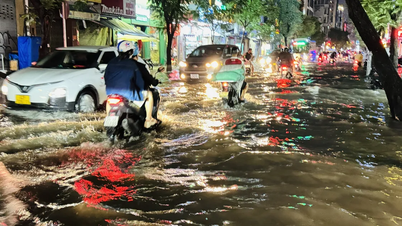

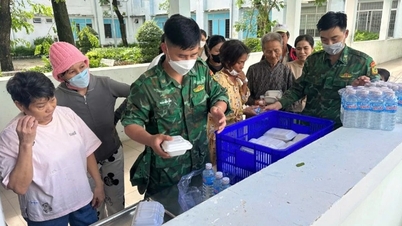
















Comment (0)